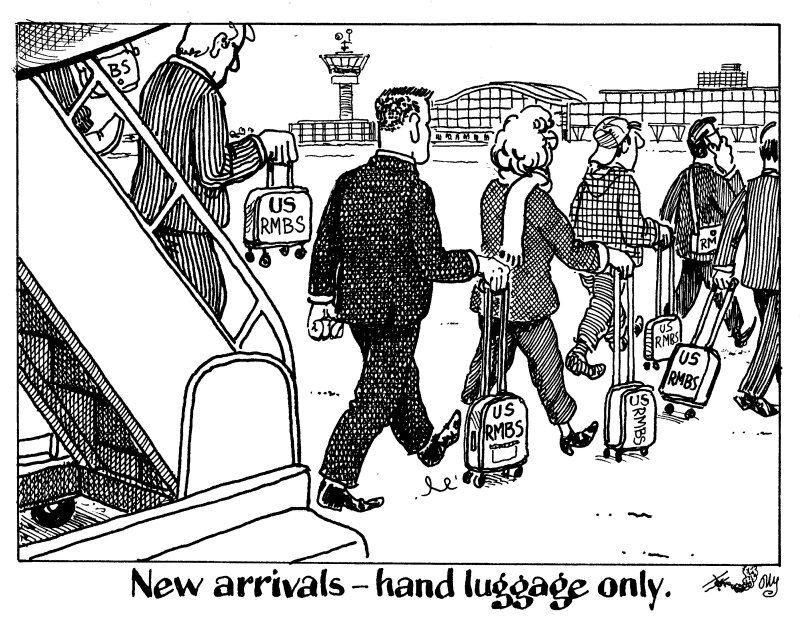
US RMBS issuers and European investors are finally embracing each other after clearing up the regulatory confusion that drove a wedge between them last year. However, despite the happy union, it's a relationship that may not last.
At the end of last year, EU regulators clarified the reporting requirements for investments in third-country securitizations, making it possible for European investors to access the US market.
US RMBS issuers meanwhile, especially of non-qualified mortgage backed deals, are struggling with a saturated domestic investor base and historically wide spreads.
Pricing is like cheese — better In Europe. At the same time, EU investors have benefitted from what the US does best — size and choice — by taking advantage of a volume and diversity of deals that is hard to find in the heavily regulated European market.
More than 15 US RMBS issuers are marketing and selling their deals in Europe, including the biggest non-QM issuers in the US, such as Invictus, Annaly, A&D Mortgage, and Angel Oak.
But making US deals compliant with EU rules is costly. For example, most issuers must hire a third-party firm for legal reporting.
In addition, issuers must hold a 5% risk retention piece of their deal for the lifetime of the transaction in Europe, compared to only five years in the US.
The expense of compliance will stop making economic sense once spreads begin to tighten back home.
As interest rates stabilise, the US market may recover. As much as European investors have been excited to welcome US issuers and would love for them to stay, the tourists will abandon them once it becomes cheaper to sell American.
